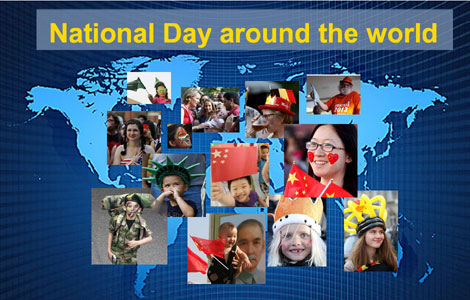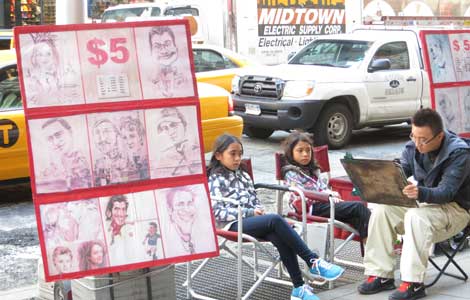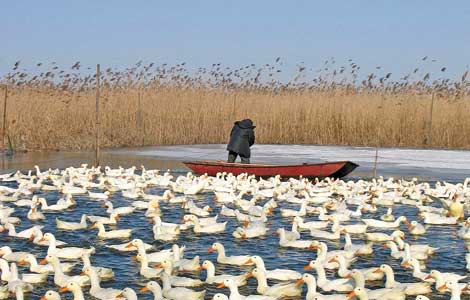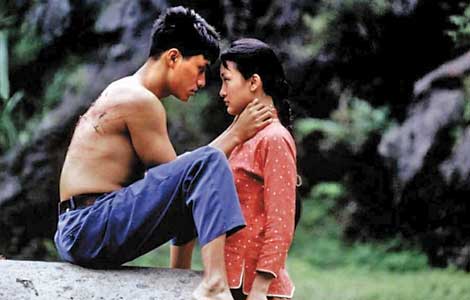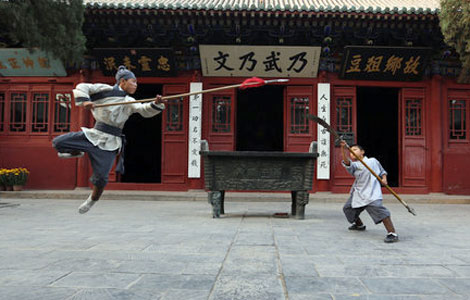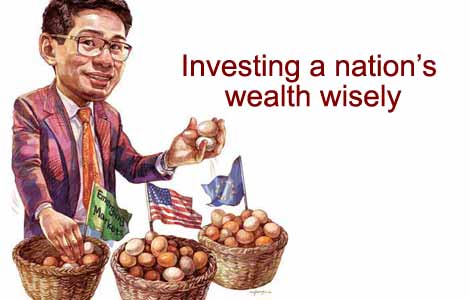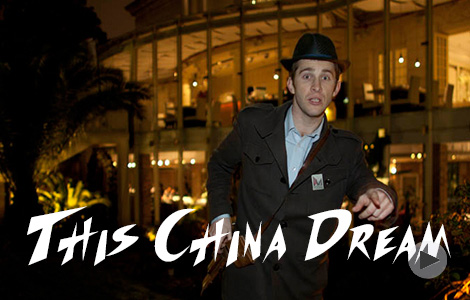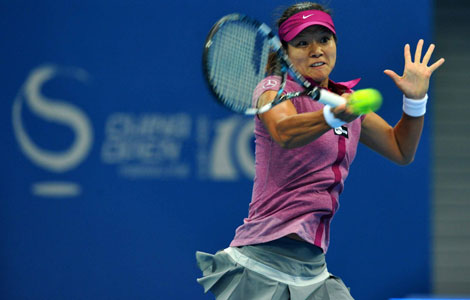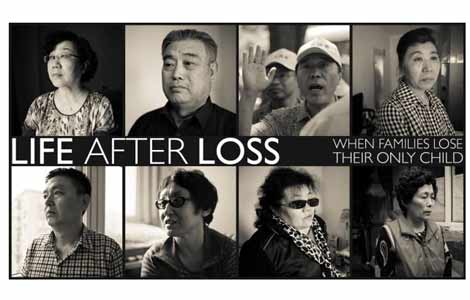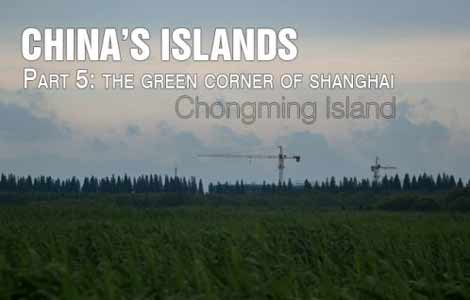Academic warns Obama on Pacific policy
Updated: 2013-09-30 01:10
By ANDREW MOODY (China Daily)
|
||||||||
Washington making bad choices in relation to China and Asia, says strategic analyst
Hugh White believes the United States risks a major confrontation with China by trying to reassert its dominance in Asia.
The professor of strategic studies at the Australian National University in Canberra worries US President Barack Obama's so-called Asia-pivot strategy could be a major error.
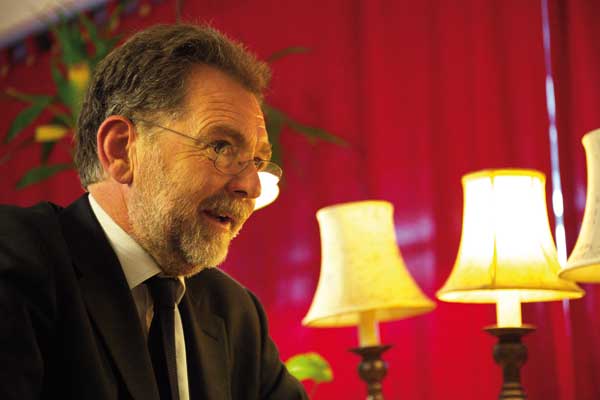 |
|
Hugh White says the United States risks a confrontation with China by trying to reassert its dominance in Asia.Wei Xiaohao / China Daily |
"I see Barack Obama's pivot policy as intended to reassert American primacy as a foundation for the Asian order in the face of China's growing power," he says.
"It is unlikely to succeed and could generate the kind of escalating rivalry that would increase the risk of conflict."
White, who was a close adviser to former Australian prime minister Bob Hawke, was in Beijing to talk about issues raised in his new book, The China Choice: Why We Should Share Power.
The book criticizes Obama for failing to respond to the new world order created by China's economic rise.
White says the pivot away from the US' previous preoccupation on wars in Iraq and Afghanistan to showing its spurs in Asia is only likely to antagonize China at a time when it should be accommodated.
He argues that the US by building new alliances such as the Trans-Pacific Partnership, which was formed in 2008 and deliberately excludes China yet includes peripheral players such as Peru and Mexico, is adopting the wrong approach.
"The problem with US policy in its response to China's rise as it has evolved so far is that there is this very strong assumption that the US has to preserve its dominant position, despite the fact that China has changed the underlying power dynamics so much."
White, 59, who cuts a dapper figure over late morning tea at a cafe in Beijing, makes no bones about the fact that his native Australia is very much piggy in the middle of the new Asian power dynamics.
"Australia sits right on the front line of this," he says. "No country in the world is as economically dependent on China as Australia is. No other country in the world is as strategically important to Australia as the United States. We are a classic example of a country which wants to look both ways."
In his book, White argues the Mao-Nixon meeting in 1972 laid down the established order in Asia. He says the implicit agreement was that in return for recognition as the legitimate government of China and security from the Soviet Union, Mao was prepared to concede to US primacy in Asia.
White says this only ceased to work when China itself started to become a major economic power.
"It has been the most peaceful 40 years in Asia's history. We are just at the moment where China, because its power has grown so much, is no longer willing to accept American primacy. It is a very dynamic moment."
- Now invest in Asia's future
- China, US team up on Central Asia
- China, US vow to enhance Asia-Pacific military ties
- Xi, Obama discuss Asia-Pacific
- US, China both matter for Asia
- New China-US relations start with Asia-Pacific
- US diplomat lays out vision for East Asia
- New balance called for on US strategy in Asia
- Obama taps diplomat to oversee East Asia
- US: Asia rebalance will avoid budget ax
Most Viewed
Editor's Picks

|

|

|

|

|

|
Today's Top News
China, India join hands on border stability
China committed to deepening reform
Chinese embassy in Syria attacked
China issues guidance for government purchases
Li praises foreign experts
China calls on APEC to promote FTA integration
FTZ issues first 'negative list'
Japan, US kicks off 2nd round of TPP-related talks
US Weekly

|

|
